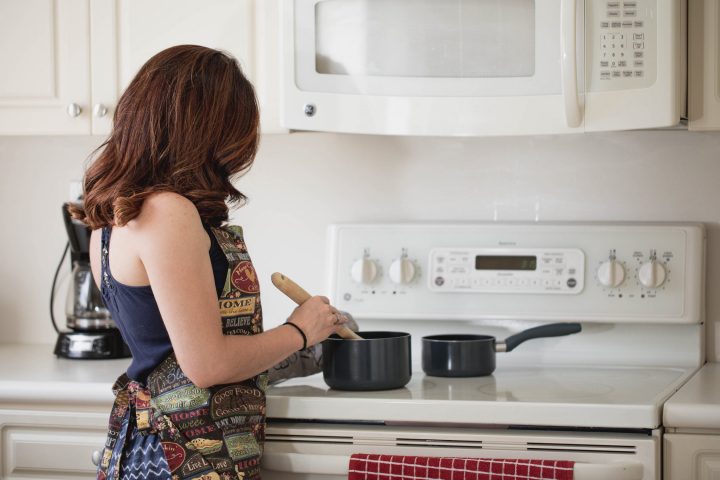
Occasionally the output from your stoma can change from its normal pattern and consistency. If any changes last longer than 48 hours it would be advisable to discuss these with your stoma nurse.
If your stoma output has become looser or even thicker, you may be left wondering why this has happened and what is the cause? It’s worth noting that there are three types of stomas and output varies significantly depending on the one you have. If you have a colostomy, you may find your output is a more formed stool, an ileostomy may produce more of a porridge consistency and a urostomy will produce urine.
If you do experience any changes in your output, you may need to adjust your diet to help with output and prevent any leakage.
What causes a loose output?
A loose output or diarrhoea can be caused by a number of things, including diet, medication, a stomach bug or stress and worry. If we look at diet, the most common causes of diarrhoea usually include:
- Too many green vegetables or beans
- Fruit juices or fruit itself,
- Spicy foods
- Alcohol.
If you have a colostomy and use a closed bag, it may be worth changing this to a drainable bag, so that you are able to empty the contents, rather than removing it each time. By keeping the bag in place, it will help prevent your skin from becoming sore.
Foods which may help thicken output:
You can introduce foods into your diet which have a natural thickening agent, to help with the diarrhoea, such as:
- Starchy foods such as white bread, pasta and mashed potatoes
- Marshmallows or jelly babies
- Jelly
- Ripe bananas
- Apple sauce
- Rice cakes
- Banana bread
- Peanut butter (smooth)
- Sponge cakes
- Rice puddings
Medications:
It may be wise to speak with your stoma care nurse about anti diarrhoea medications such as Imodium/loperamide capsules. This medicine can help slow the output down and have a thickening action too. These can also be used in liquid or melt form, so that it can be broken down by the small intestine more effectively than the capsules. Your stoma nurse will guide you with how much is safe to use and when to take these.
Dehydration
Be careful that you don’t dehydrate when you have a loose output/diarrhoea. When we lose too much water, our bodies may become out of balance and dehydrated. Contact your stoma nurse if the diarrhoea continues after 24hours and she will be able to advise you.
The signs of dehydration are:
- Dry mouth
- Increased thirst
- Weakness
- Tiredness
- Confusion
- Fainting
- Decrease in urine output
Tips to avoid dehydration:
- Aim to drink 8 glasses of fluid per day
- Avoid salty food
- Avoid full sugar drinks ( or stir these to let them go flat)
Thickening agents
In addition to diet, you may want to use some thickening agents which you can pop directly into your bag. These come in different forms, either a small sachet or a capsule. They sit at the bottom of the bag and help solidify the liquid output into a gel, making the output easier to drain and also helping with leakages. If you are using a drainable bag, remember to replace your thickening agent each time you drain your bag.

